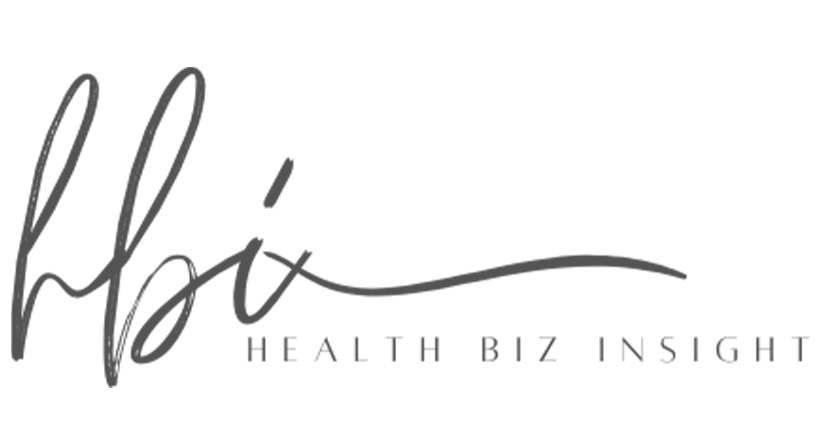
Recruitment in the healthcare industry has always been dynamic and complex. Finding the right professionals to meet growing patient care demands while navigating workforce challenges requires adaptability. In recent years, recruitment practices have evolved significantly due to shifting workforce expectations, technological advancements, and the need for diversity and innovation.
At Nexus Healthcare, we work closely with healthcare providers to address these changes. This article explores the key developments in healthcare recruitment, what is driving them, and how organisations can thrive in this evolving landscape.
Changing Workforce Expectations
Healthcare professionals now prioritise more than just salary and job stability. Work-life balance, mental health support, and alignment with employer values have become crucial factors in job selection.
Work-Life Balance
The COVID-19 pandemic highlighted the pressures on healthcare workers, leading many to seek roles with:
Flexible scheduling options
Remote opportunities (e.g., telehealth, administration)
Mental health resources and wellness programs
Organisations that prioritise work-life balance attract and retain top healthcare talent.
Purpose-Driven Careers
Healthcare professionals seek meaningful work in organisations that prioritise:
Patient-centered care
Inclusivity and ethical practices
Positive workplace culture
Recruiters should showcase company values, mission, and community impact in job descriptions and branding to appeal to purpose-driven candidates.
Technology is Transforming Healthcare Recruitment
Digital advancements have revolutionised hiring in healthcare, streamlining processes and expanding access to talent.
AI-Powered Hiring Tools
Artificial intelligence enhances recruitment efficiency by:
Scanning resumes for the best-qualified candidates
Matching applicants to roles based on skills and experience
Providing predictive hiring insights
To ensure fair hiring, AI systems must be designed to minimise bias and promote diversity.
Remote Recruitment & Virtual Interviews
Telehealth expansion has widened the talent pool, allowing healthcare organisations to:
Recruit professionals from diverse geographic locations
Conduct virtual interviews for a faster hiring process
Implement online onboarding for seamless integration
Investing in user-friendly digital tools ensures a smooth virtual hiring experience.
Addressing the Healthcare Skills Gap
An ageing workforce and increased demand for specialised care present staffing challenges. Proactive strategies are needed to close the skills gap.
Upskilling & Reskilling Employees
Training current staff helps bridge skill shortages. Organisations can:
Provide education in telehealth, AI-driven diagnostics, and robotic surgery
Offer financial support for certifications or degrees
This approach improves retention and enhances career development opportunities.
Attracting Young Talent
Millennials and Gen Z healthcare professionals value:
Career progression opportunities
Cutting-edge technology integration
A chance to make a meaningful impact
Using social media and digital recruitment platforms helps attract younger candidates to the industry.
Diversity and Inclusion in Healthcare Recruitment
A diverse workforce improves patient care and fosters innovation.
Eliminating Bias in Hiring
To promote fair recruitment, organisations should:
Use blind resume reviews to focus on skills
Standardise interview questions
Train hiring managers to identify and prevent unconscious bias
Expanding Access to Underrepresented Groups
Partnering with schools, universities, and community organisations ensures a more inclusive talent pipeline.
Retention as a Recruitment Strategy
Reducing turnover is essential for workforce stability. Supporting employees boosts satisfaction and long-term retention.
Creating a Supportive Work Environment
Retention strategies include:
Open communication and feedback channels
Recognising and rewarding staff contributions
Encouraging professional growth and mentorship
Offering Competitive Benefits
Beyond salary, employees value:
Health and wellness programs
Paid time off and family leave
Retirement plans and financial support for education
Looking Ahead: The Future of Healthcare Recruitment
As the industry evolves, organisations must remain adaptable. Key trends shaping the future include:
AI-Driven Hiring: AI tools will refine candidate matching and talent retention strategies.
Soft Skills Focus: Emotional intelligence, adaptability, and teamwork will become critical hiring factors.
Stronger DEI Commitments: Inclusion initiatives will drive healthcare recruitment policies.
At Nexus Healthcare, we believe recruitment is about more than filling positions—it’s about building strong teams that deliver exceptional care and drive innovation. By embracing change and focusing on workforce needs, we can create a resilient, future-ready healthcare industry.
Recruitment presents challenges, but it also offers opportunities to shape a thriving healthcare sector. Prioritising empathy, adaptability, and innovation will help organisations build a skilled and committed workforce ready to meet future demands.






